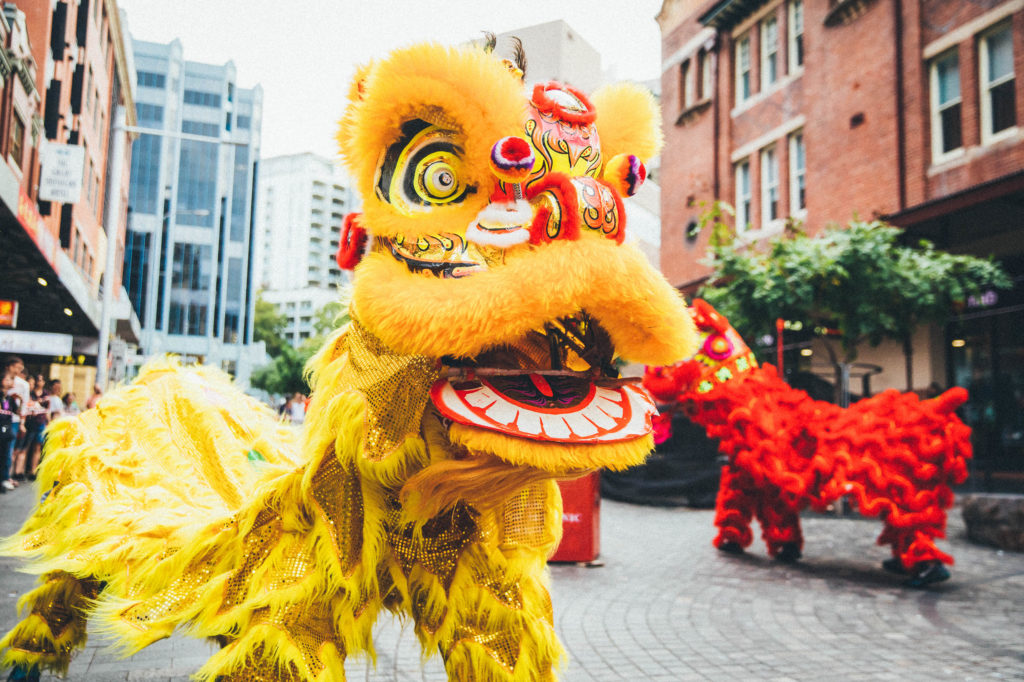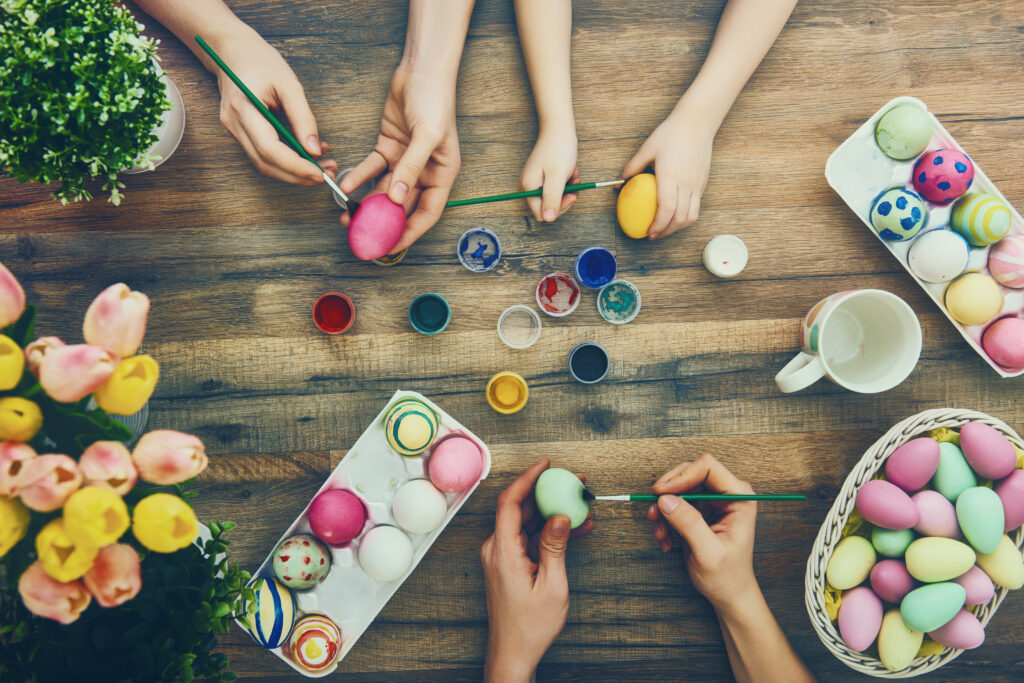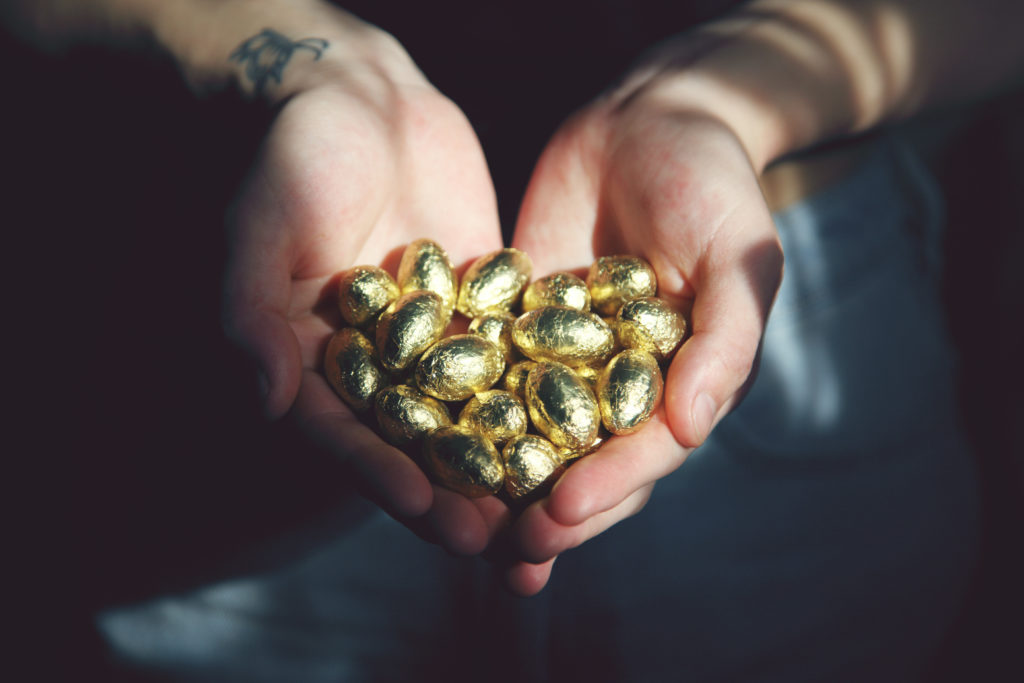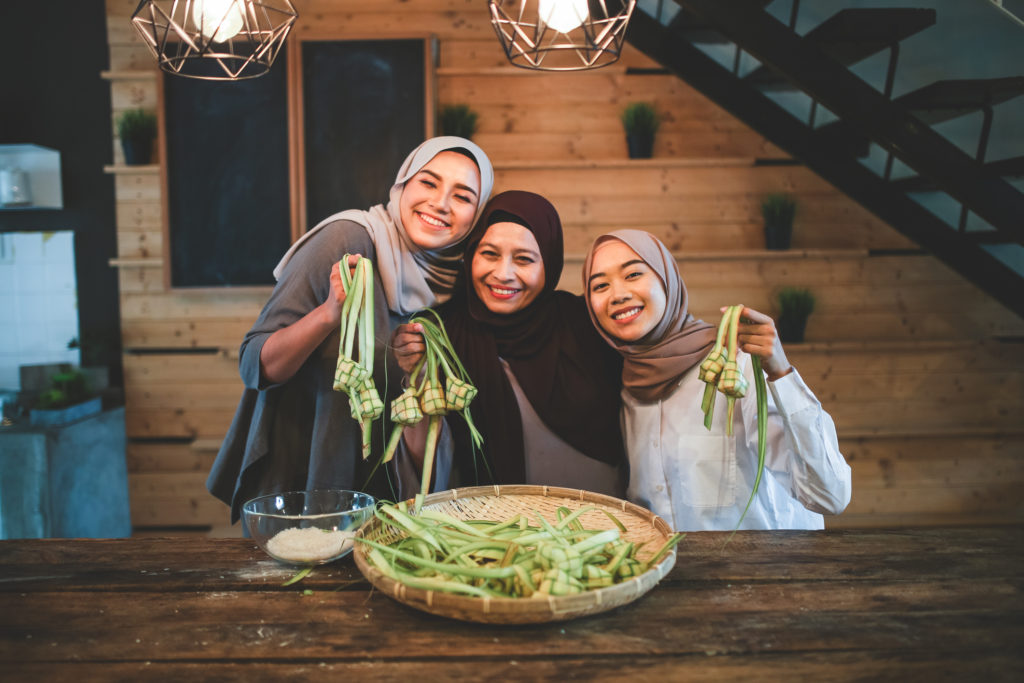Chinese New Year (also known more generally as Lunar New Year, or specifically as Tết in Vietnam, or Seollal in Korea) is celebrated across East and Southeast Asia. Usually occurring in late January or early February, Chinese New Year starts on the first new moon of the year and ends with the first full moon, and is based on the Chinese lunisolar calendar (although some South Asian Lunar New Year celebrations occur in April, based on local lunisolar calendars, like Songkran in Thailand). This year, Chinese New Year falls on 1 February 2022.
Here are a few other things you should know about Chinese New Year, as well as where you can celebrate it in Australia.
What is Chinese New Year?
Mythology
Chinese New Year has been celebrated for thousands of years, and it has many legends associated with it.
The legend of Nian explains some of the origins of Chinese New Year customs. Nian was a mythical creature who would attack villages before the Lunar New Year, but eventually, the villagers drove him off using red clothing, lanterns and firecrackers.
The Chinese Zodiac animal signs are also an important aspect of Lunar New Year, with each year assigned to one of the twelve animals of the Zodiac. This year is the Year of the Tiger and is said to be a year of courage, determination and confidence.
Festivities
There are several festivals and events that occur over the course of Chinese New Year. One of the most important festivals is the Lantern Festival, which marks the end of Chinese New Year and takes place on 15 February 2022. During the festival, lanterns decorate the streets and houses of those who observe the holiday. Some of the lanterns have riddles on them, and the person who correctly answers them usually receives a small gift. Many people enjoy traditional glutinous rice balls, called tangyuan and yuanxiao in China. During Chinese New Year, performances are held for the community, often involving lion or dragon dances.
Food
Food is an important aspect of Chinese New Year. On the eve of the new year, families come together to eat dinner with each other, and each country’s Lunar New Year celebrations feature their own unique dishes. For example, during Chinese New Year, people enjoy New Year’s cake, or nian gao. The name sounds like the pronunciation of ‘year high’, which symbolises success and prosperity. It is widely considered to be good luck to eat the cake during the new year.
Traditions
Chinese New Year has many customs surrounding it. Traditionally, it was a way to honour ancestors and household deities. It’s also a time to visit relatives, spend time with friends and family, and exchange gifts.
Additionally, just over a week before the celebrations begin, many people carry out a custom called “sweeping of the grounds”. It is a day dedicated to cleaning the house to remove bad spirits and bad luck in preparation for the new year. After the house is clean, it is common to hang red decorations and lanterns.
On the day of the new year, red packets filled with money are given to relatives, typically between couples or from an older relative to a young child.
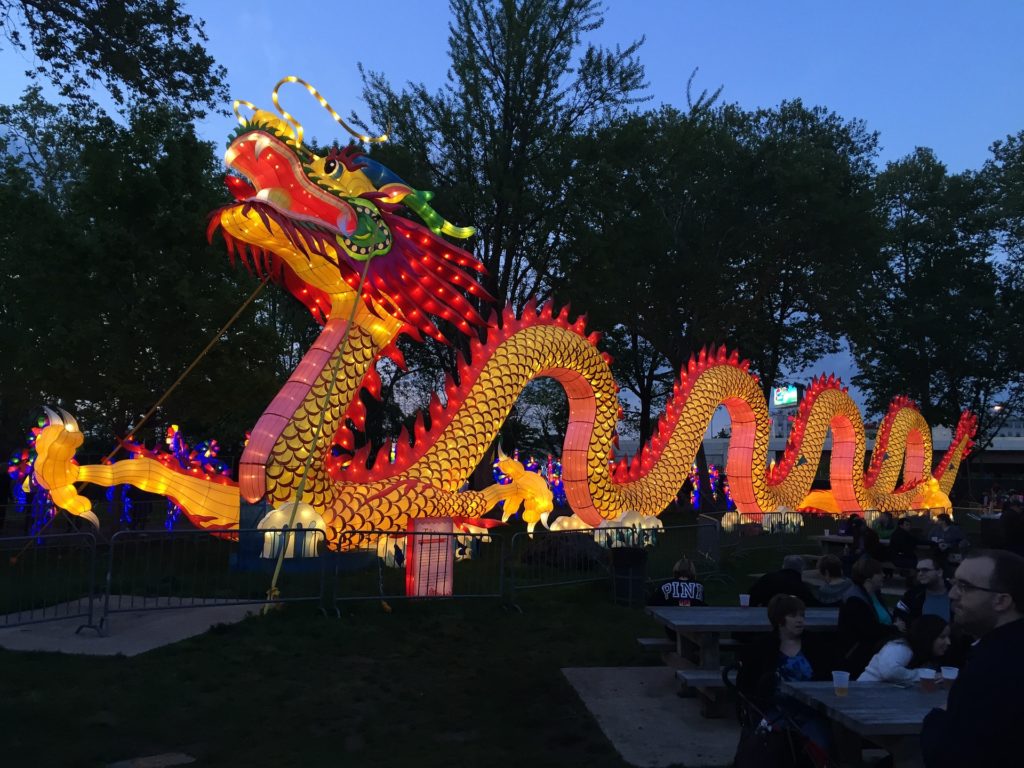
Where to Celebrate Chinese New Year in Australia in 2022
Each year, Chinese New Year is being celebrated and embraced more widely around Australia. Some cities will host Lunar New Year events and parties which celebrate the holiday more generally, with festivities from a range of different countries and cultures. Here is where to celebrate Chinese New Year in Australia in 2022.
Where to celebrate Chinese New Year in Sydney
- Sydney Lunar Festival (29 January – 13 February)
- Lunar New Year in Darling Harbour (29 January – 13 February)
Where to celebrate Chinese New Year in Melbourne
- Melbourne Chinatown Chinese New Year Festival (30 January – 2 February)
- Lunar New Year Lion Dance at Queen Victoria Market (1 February)
- Chinese New Year Celebrations at Chinatown (6 February)
Where to celebrate Chinese New Year in Brisbane
- Lunar New Year (5 February)
- The Lunar New Year event in Brisbane falls under the larger BrisAsia Festival (1 February – 20 February)
Where to celebrate Chinese New Year in Adelaide
- Chinese New Year Concert 2022 (12 February)
- Chinese New Year Lion Dance (1 February – 4 February)
Where to celebrate Chinese New Year in Perth
- Perth Chinese New Year Fair 2022 (6 February)
Where to celebrate Chinese New Year in Canberra
- Lunar New Year in Dickson (27 January – 12 February)
- Lantern Festival (12 February)
Where to celebrate Chinese New Year in Hobart
- Summer FOCUS: Lunar New Year Celebration (28 January)
Where to celebrate Chinese New Year in Darwin
- Darwin Chinese New Year Festival (26 February)

